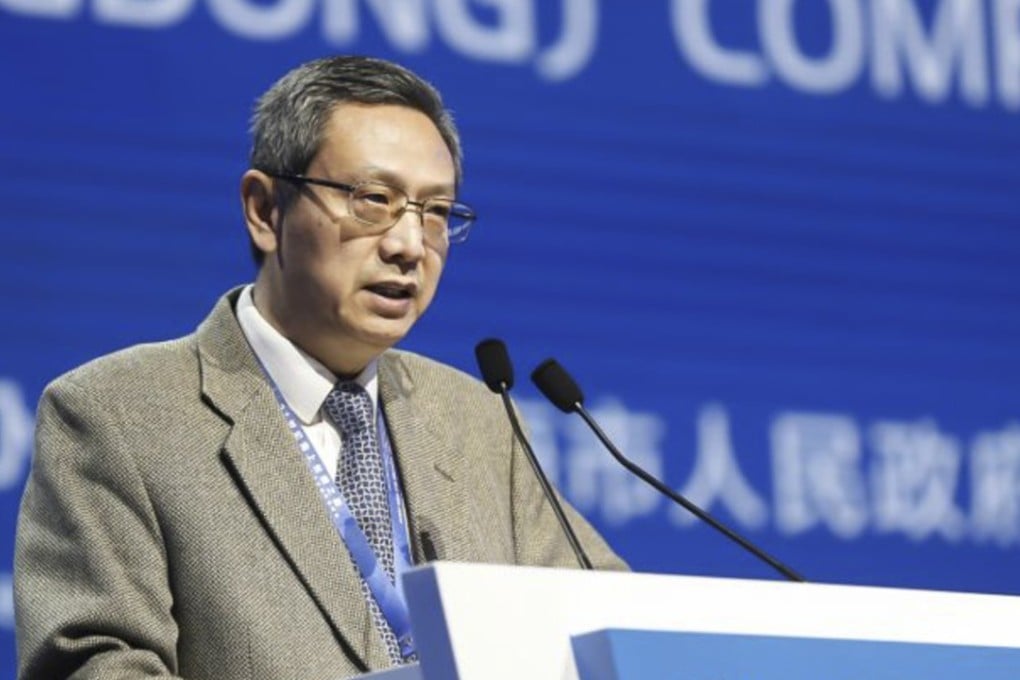Marx or market? Chinese scholar raises the question all private business owners want to ask
- Economist Jia Kang highlights the ideological contradiction of Beijing supporting private enterprise while promoting Marxism
- Questions raised as leaders scramble to show support for private sector

A Chinese economist has highlighted an ideological contradiction in the Communist Party’s practice of supporting private business while promoting Marxism.
Jia Kang, the former head of a research institute under China’s finance ministry, said on Tuesday that it was the question to be answered about the ruling party’s attitude to private ownership.
Speaking at a conference in Beijing organised by Chinese financial magazine Caijing, Jia said China needed to find a new theory to explain how it would support private enterprise when the Communist Manifesto – written in 1848 by Karl Marx and Frederick Engels – called for it to be eliminated.
After taking power, China’s Communist rulers seized control of private businesses in the 1950s and purged capitalists during the Cultural Revolution.
China’s private economy did not re-emerge until the late 1970s when late paramount leader Deng Xiaoping initiated a programme of reform. Asked at the time if China was embracing capitalism, Deng said that, “no matter if it is a white cat or a black cat – it is a good cat as long as it can catch mice”.